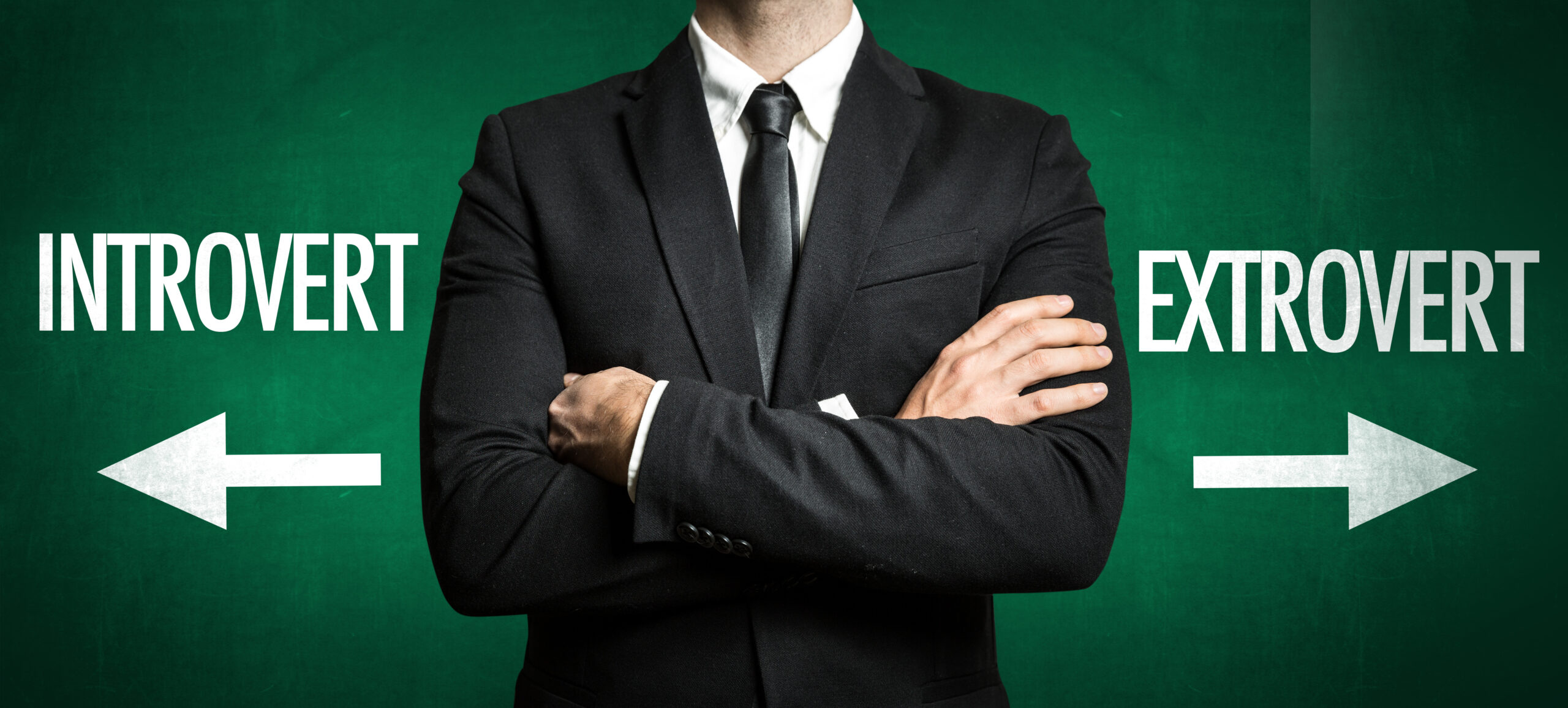
Congratulations. You and your organization are embracing the opportunity to focus on diversity, equity, inclusion, and belonging (DEIB) to enhance workplace culture and up your game as an organization. First, let me say that addressing DEIB is an ongoing effort requiring a long-term commitment. To be successful, you must create profound institutional change at a fundamental level that has a lasting impact in your organization.
Before I begin, I am assuming that you have already done or plan to do the following:
- Identified your organization’s values and how DEIB fits into them.
- Identified challenges and opportunities with DEIB in your organization.
- Developed a set of overarching goals that you want to move toward within a specific time period.
- Identified and charged a leader within your organization to help refine and clarify the goals, develop an action plan, and lead implementation.
- Clarified the legal and cultural context in which your organization operates.
As you begin to get a good—or at least emerging—view of what you need to do, it is time to think about the people or person you will need to support DEIB and make a lasting impact.
DEIB efforts are initially labor intensive, emotionally taxing, and require ongoing learning to get right. Most organizations will identify one person—a chief diversity officer—to lead the efforts. But to make DEIB a reality in your organization, I encourage you to create a strategic alignment of individuals and teams with complementary skills, talents, and perspectives who build changes into the everyday processes, systems, and thinking of your organization. One person, no matter how small your organization, is never enough.
In addition to those with legal, human resource, and DEIB-specific content expertise, what kinds of personalities and skills do you need on the team that will build and implement your DEIB efforts? Following are different character traits, personality types, and qualities that you will need in your DEIB team members.
The Visionary
The visionary can truly see, identify, and name what must be accomplished in the context of the company culture. The individual with this personality trait has the capacity to understand your organizational culture(s), has a vision for the future and an initial set of goals, and has the ability to understand the issues raised and envision short- and long-term successes. The visionary is often the chief diversity officer or other identified leader for this important task.
An example of a DEIB visionary is Vernā Myers, an inclusion strategist, cultural innovator, social commentator, and founder of The Vernā Myers Company. She has helped hundreds of organizations establish productive and inclusive work environments. Myers has a strong vision for the future of corporations and is dedicated to making that vision a reality. In 2018, Myers took on the inaugural role of VP of Inclusion Strategy at Netflix, where she is the visionary leader of a diverse DEIB team that works to infuse DEIB into all aspects of Netflix’s global operations. As a visionary and DEIB leader, Myers is known for her popular quote, “Diversity is being invited to the party. Inclusion is being asked to dance.”1
The Sponsor
The sponsor is a senior leader in a position of authority who believes in the ultimate goals of DEIB and can articulate why this work is imperative to the growth and success of your organization. Usually, this person is the president or the board chair. The sponsor does not have to be the visionary as well but should support and give credibility to the visionary’s efforts.
The sponsor must visibly embrace and embody the DEIB goals as a champion of these efforts.
Ken Williams is a former Major League Baseball player and the current Executive Vice President of the Chicago White Sox. Williams maintains oversight and finalizes the major decisions regarding the White Sox roster. In his role, he advocates for diversity and inclusion for the players on his team. Under his guidance, the White Sox team exceeds the league’s averages for on-the-field representation of minority players. Williams uses his platform to not only change his own team’s DEIB efforts but also to influence the league as a whole. He is also actively involved in Major League Baseball’s Diversity Committee, a task force seeking to increase racial and ethnic diversity and inclusion within baseball. Williams does not just champion DEIB within his team; he actively voices his opinions and concerns with his committee members.2
The Operational Strategist
The operational strategist is a member of the DEIB team with the expertise to create an actionable work plan. The operational strategist converts ideas into action by implementing the work and executing a plan to make things happen. These are the people who take the goals and create a workplan, often under the direction of the visionary.
Society has been blessed with competent operational strategists throughout history, but meaningful DEIB efforts are a relatively recent addition to many corporate environments, and sometimes DEIB leaders must start from scratch to build the required infrastructure to support their DEIB programs. Lauren Jackman, Senior Vice President of DEIB at Medallia, a software development company in Pleasanton, California, was tasked with creating an effective DEIB program from the ground up. She worked to operationalize DEIB in her workplace by embedding inclusion into Medallia through education, advocacy, and accountability. As a team of one with limited resources, Jackman started small by creating structure and support for new employee resource group (ERG) communities, delivering employee education, and establishing a system for reporting on representation data throughout the organization. Since her start with DEIB at Medallia in 2016, Jackman has created and implemented effective strategies for her team to successfully operate as a centralized resource that audits and advises Medallia on key personnel processes.3
The Analyst
Someone on your team must have strong analytical capabilities to develop mechanisms for tracking DEIB projects and data, routinely collect and extract this data, and critically analyze it. The analyst is the archivist, investigator, and reviewer of data and reports. The analyst collects, examines, and interprets ongoing assessments that track the impact of the DEIB efforts. Some teams hire out this skill set and employ external help to create some of the reports. Hiring external experts is especially useful when gathering information from focus groups because your employees will often feel more comfortable sharing with and opening up to those not directly invested in the organization.
Before starting as the Director of Diversity Sourcing at Expedia Group in February 2023, Bernita Dillard was the Global Head of DEI Recruiting Enablement at DoorDash. She used data analytics to better evaluate existing hiring practices and influence more inclusive organizational processes. She leveraged innovative data analytics to examine the root causes of diversity and inclusion problems at her company. Using data analytics for diverse talent sourcing, Bernita Dillard has successfully managed high-impact programs and innovative talent acquisition strategies to improve DEIB.4
The Communicator
I like to say that we are our narratives. Communication is a critical component of this work. The communicator is responsible for creating a communication strategy that is thoughtful, consistent, and responsive. This strategy involves ensuring your people are informed about this effort and that they understand what is going on. It also involves branding the project and conveying the importance of the effort internally and externally.
Additionally, the communication strategy must include crisis management when something happens externally. For example, if you were the DEIB communicator for your organization when George Floyd was killed, your job would be to communicate how your company’s values are expressed around this tragedy. The communicator has the enormous task of aligning internal and external communication to convey the importance of the DEIB initiatives accurately and transparently.
Rana Ghandour Salhab is the People, Purpose, Brand, and Communications partner and member of the Regional Executive Committee at Deloitte in the Middle East. She leads Deloitte’s People and Purpose strategy across 16 countries and oversees the purpose, talent, diversity, equity, inclusion, and communications strategies and teams across the region. With her extensive experience in strategy, human resources management, diversity, and communications leadership, she works to integrate holistic diversity and inclusion strategy into the fabric of who Deloitte is. Salhab uses her communication strategy skills and leadership position to amplify her voice in support of economic empowerment, political participation, and the advancement of women to leadership roles.5
The Counseling Facilitator
The counseling facilitator is representative of the emotional soul of the organization. This personality trait manifests itself in someone who can make others feel heard, validated, understood, and cared for. They are people who can hear praise and dissent among employees and customers and translate that into information that leaders can use to transform their organizations.
Oprah Winfrey is an example of a counseling facilitator who can connect with others genuinely and meaningfully. She is well-renowned and well-loved because of her empathetic ability to treat everyone, from celebrities to audience members, with the same attentive care that makes each person feel valued and celebrated.6
DEIB efforts are designed to create the best environment in which your organization will thrive. Leaders, especially those who sponsor DEIB initiatives, must understand that these efforts will be a marathon, not a sprint. The team required to make these efforts – and therefore your company – prosperous will be Bravable—capable and courageous. Their combined vision, operational strategy, analysis, communication, and empathy will make a permanent shift in your organization over time.
Sources
- https://www.vernamyers.com/about-verna/
- https://www.nbcsports.com/chicago/white-sox/results-white-sox-ken-williams-speaking-out-gm-meetings
- https://lsa.umich.edu/psych/undergraduates/career-exploration/alumni-profiles2/human-resources/LaurenJackman.html
- https://www.linkedin.com/in/bernitadillard/
- https://www.aacsb.edu/about-us/advocacy/member-spotlight/influential-leaders/2022/rana-ghandour-salhab
- https://www.britannica.com/biography/Oprah-Winfrey


